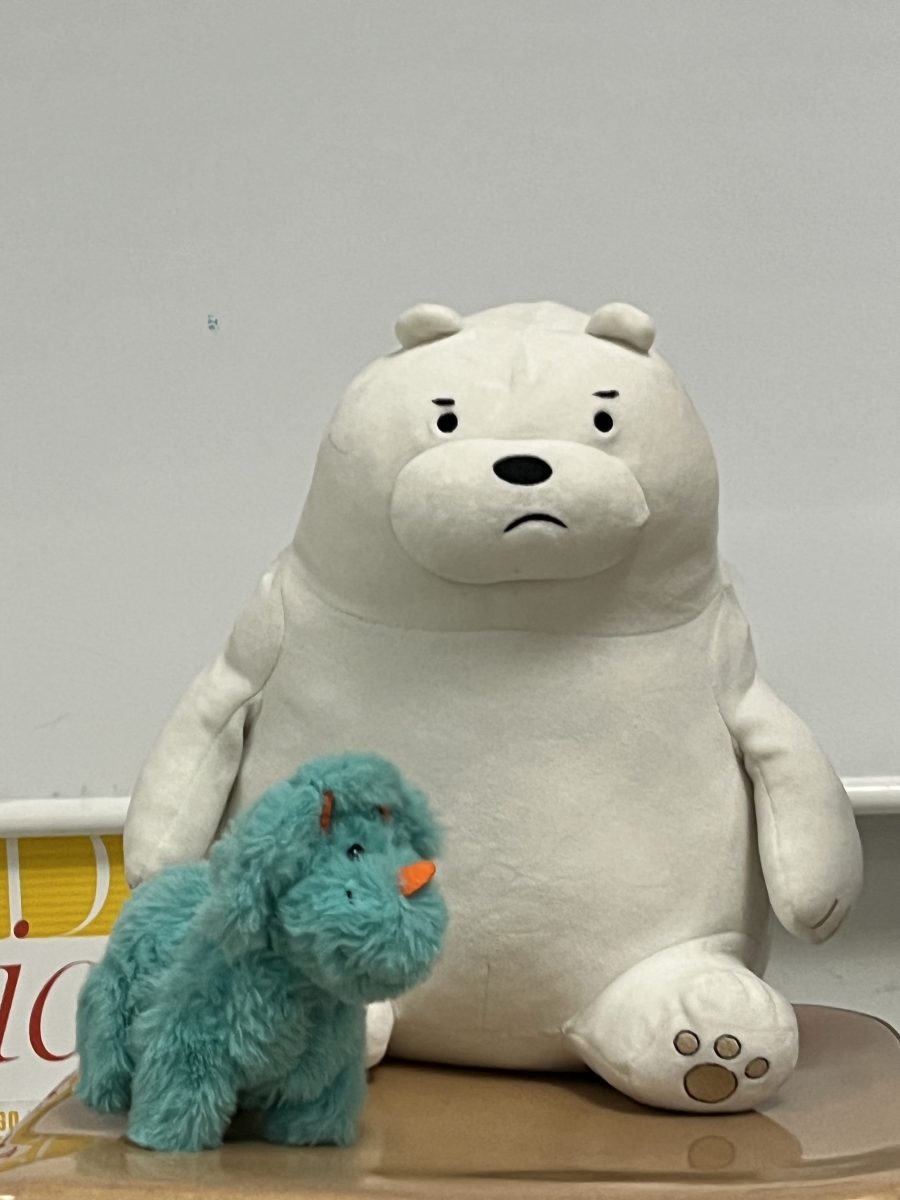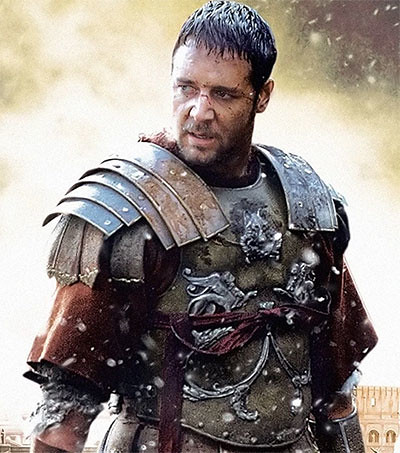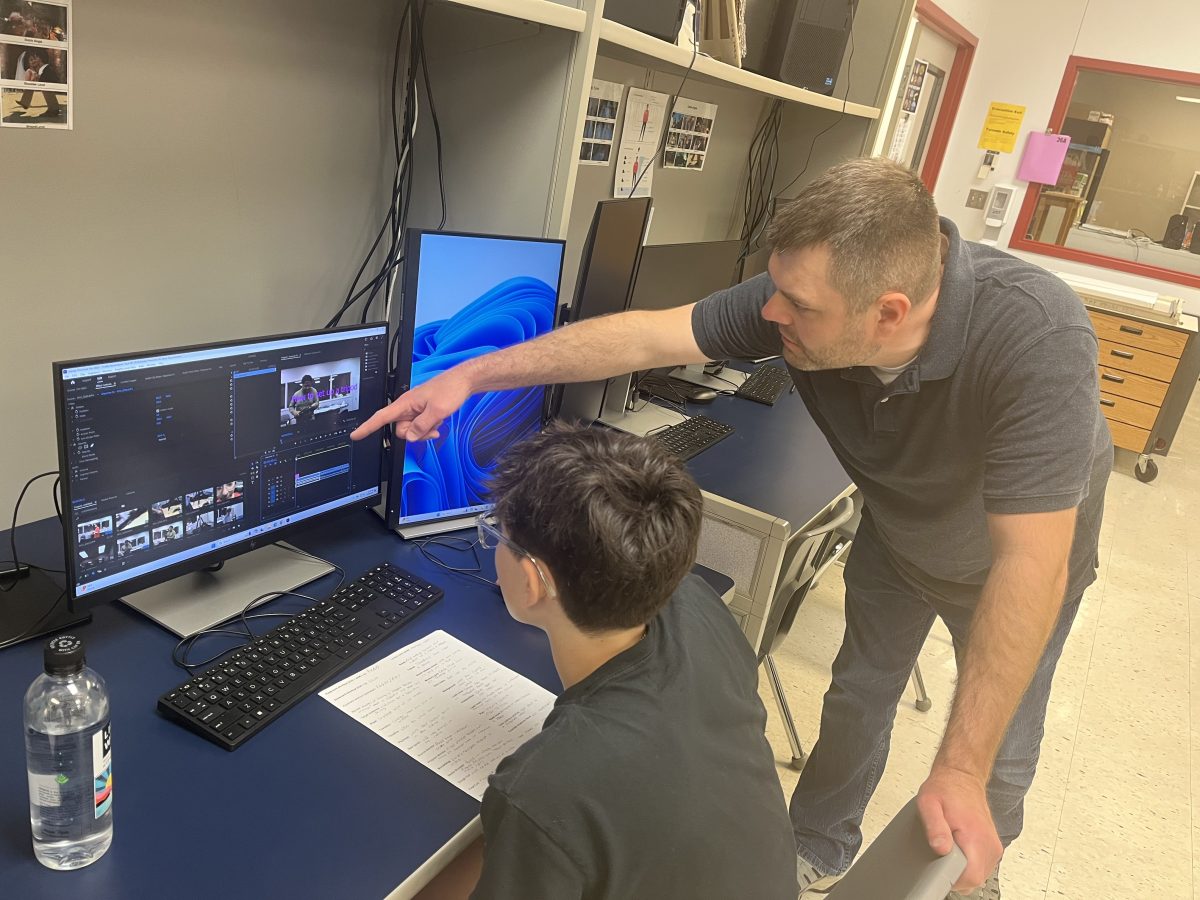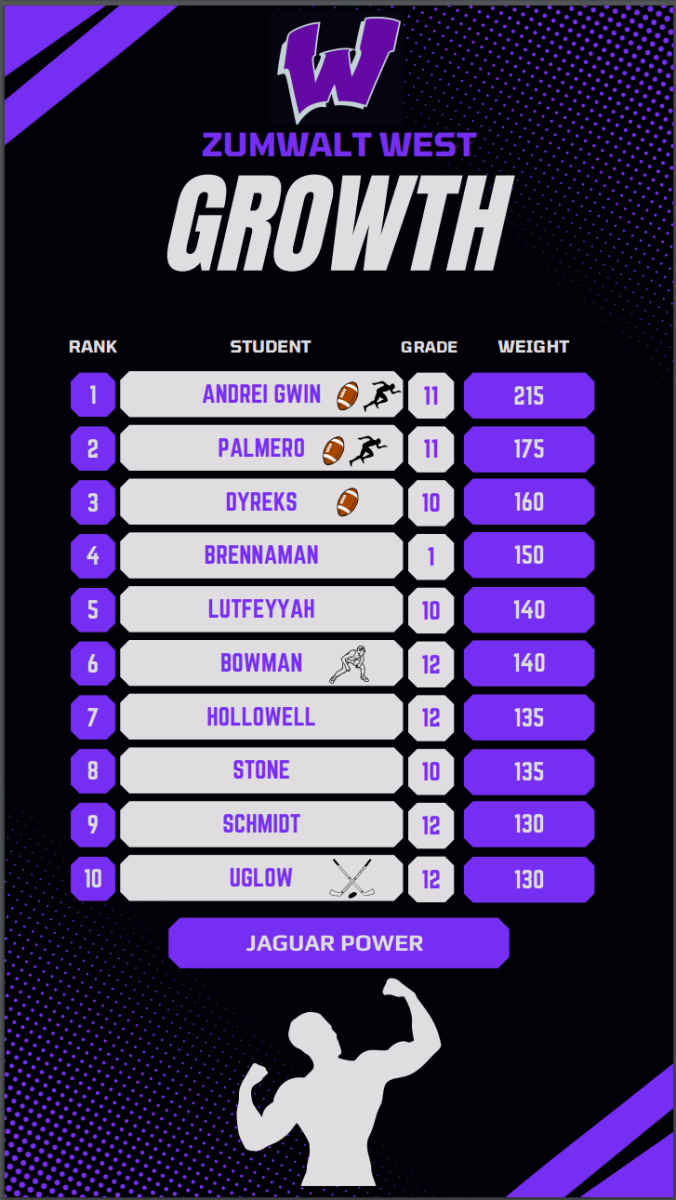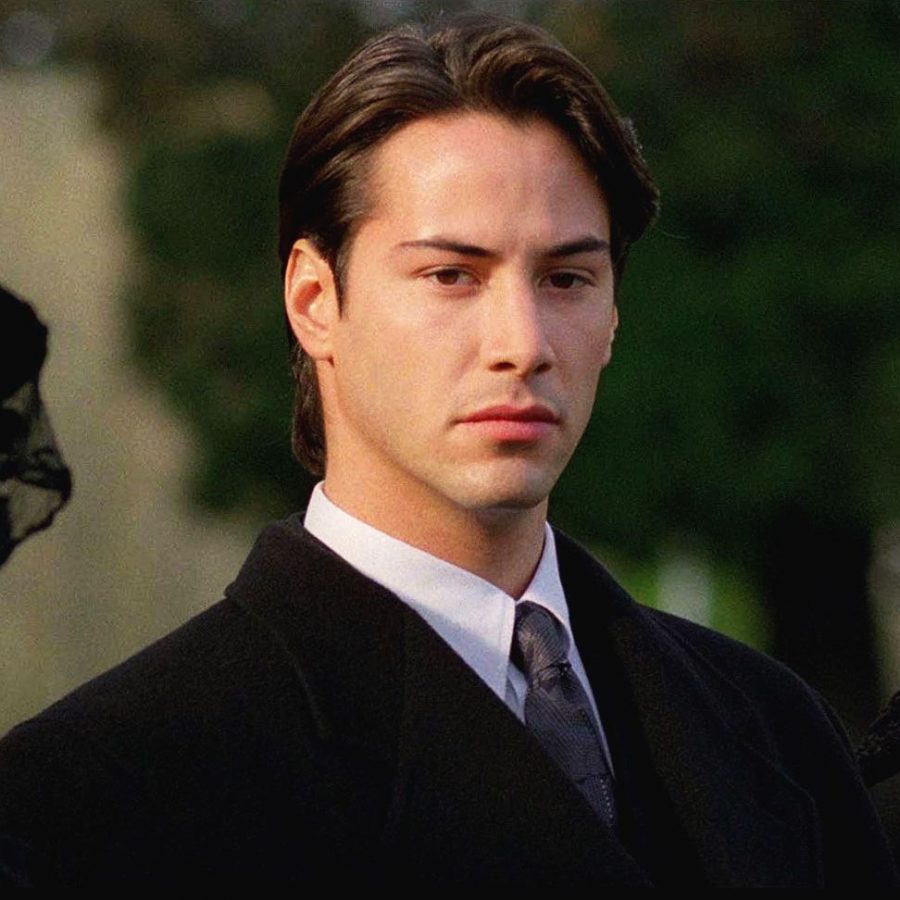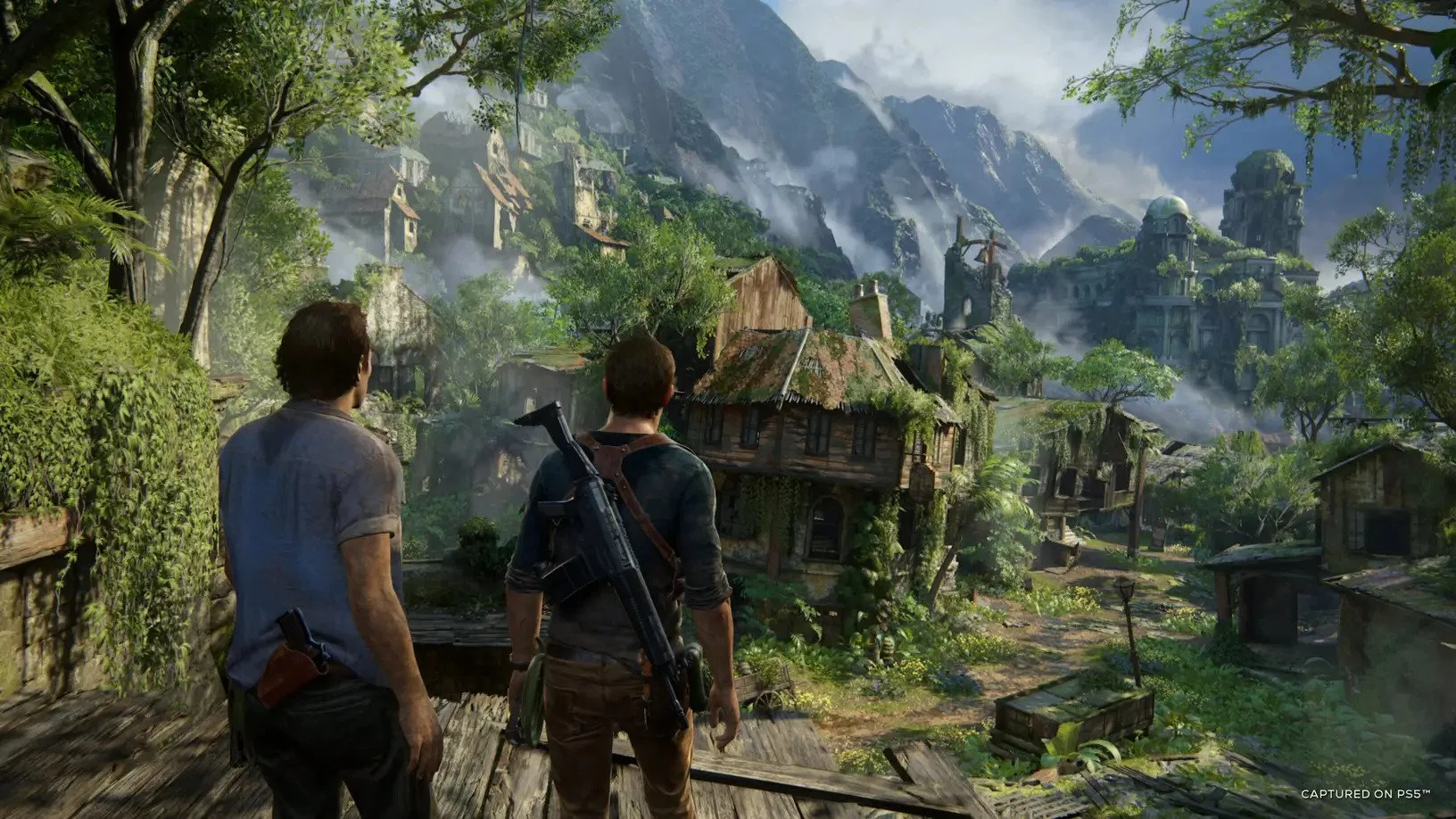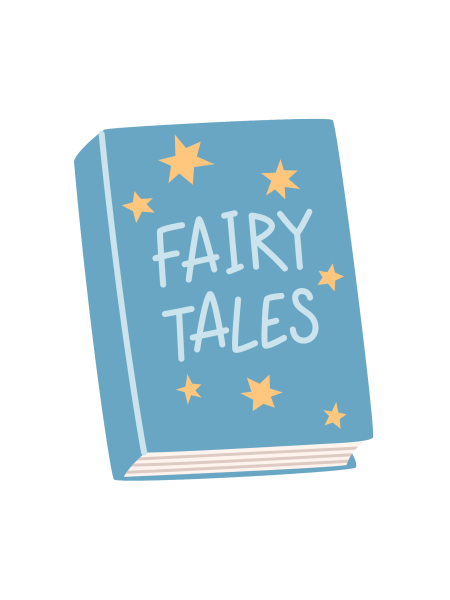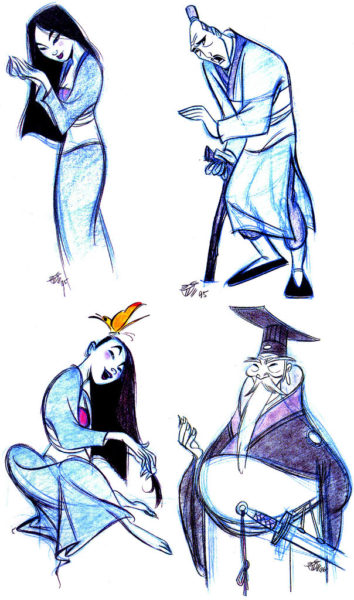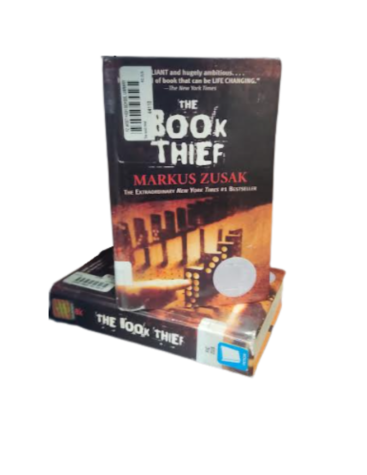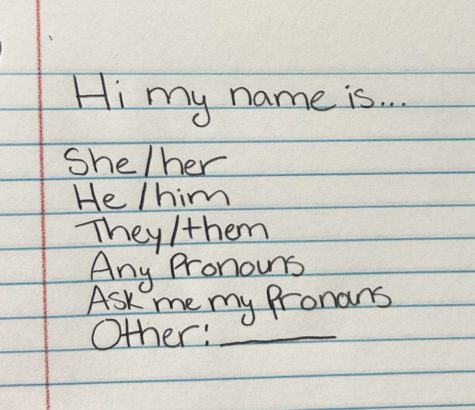Immersive Storytelling
Why video games are the best for storytelling
Photo provided by trustedreviews.com
Samuel Drake (left) and Nathan Drake (right) come across an abandoned pirate town in “Uncharted 4: A Thief’s End.”
When you think of video games, what is the first thing that comes to mind? Is it crazy, fast-paced shooters? How about mind-boggling puzzle games? In those cases, you would be missing what is probably one of the biggest draws that gaming has to offer: excellent storytelling.
Video games are one of the most effective ways to tell a story. Compared to movies, games can tell different stories detached from the norms and expectations of Hollywood. One of the ways this works is due to longer runtimes. Let us continue to use movies as our comparison. In the summer of 2019, the top 10 films had an average length of 125 minutes. If you want specifics, “Avengers: Endgame” clocked in at 182 minutes, according to hollywoodreporter.com. I want you to think to yourself: how could a movie with a two hour time frame tell an effective and meaningful story? Yes, there are exceptions, but the best stories usually require a sequel, circling back to “Avengers: Endgame,” which only came to be after numerous “Avengers” movies.
Video games are a different story. The length of a game depends on the genre of said game, how quickly the player moves through the game, the amount of side content and whether or not the player decides to complete the game fully. There are many examples we could use like “Marvel’s Spider-Man,” “Star Wars: Jedi Fallen Order” and “Uncharted 4: A Thief’s End,” but for the sake of this article, we will only be looking at games, “Uncharted 4,” with a 35.8 hour average playthrough, according to gamelengths.com. I know you are thinking, “But wait, “Uncharted 4” is a sequel!” and you would be right, but hear me out. The “Uncharted” games are adventure games, searching for treasures that have actual historical truth behind them, so you do not have to play them in order to understand the story, unlike “Avengers: Endgame.” The length also allows for a more in-depth, fleshed out and meaningful storyline than what could be done within three hours.
Now, the common question that people always ask is what makes people be able to sit down for 36 hours and not get bored of the story? The answer is within the interactive nature of video games. First, we should define Video Game Interactivity (VGI). In Rene Weber’s paper, “Measuring Interactivity in Video Games,” he writes, “we define VGI as (the possibility of) a continuous information exchange between the user and the game system and/or the possibility for users to manipulate the content and form of a video game,” according to rctai.medium.com. The user determines how the game plays. Whether that be through the difficulty selection or stealth versus run-and-gun, the player is always in control.
Finally, video games allow for better storytelling because one is able to tackle them at any pace. With movies, one has to set aside a dedicated time in order to watch it in its entirety, while with video games, they can chip away at it for as little as an hour at a time. This allows a person to ingest the story at their own pace, giving them a chance to properly understand what is going on without having to pause and rewind.
The reason “Uncharted 4” has such an impactful story is because the player is always the cause for every effect. They find all the clues to the final treasure and discover the remnants of a failed expedition from a time long past. They are Nathan Drake, and that is why the story works. The player becomes so invested in this character and their journey that whenever they run their leads dry, they feel the disappointment along with Drake. Movies simply give viewers an outside perspective of the events. They do not directly influence the actions of the characters, just watch the events unfold. This applies to any story-based game. Video games are not just fast-paced shooters and puzzles; they are also heartfelt stories full of joy, anger and sorrow. Take the time to play through some of these stories, and you will come to understand why video games are the greatest storytellers.







